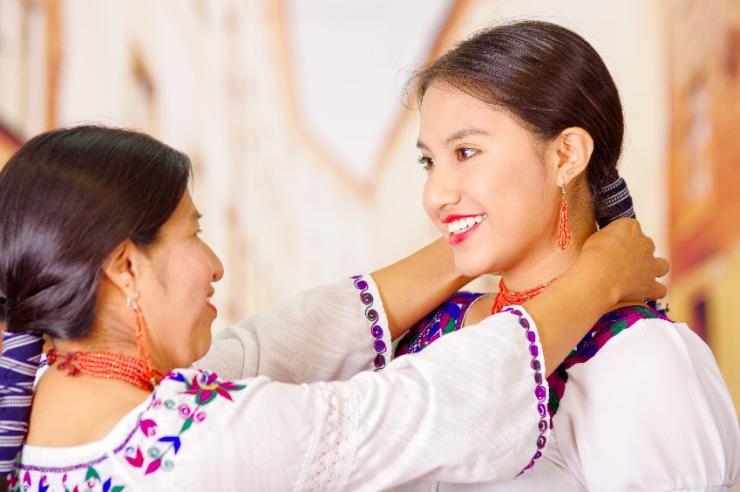Young People make their roots flower again.

The new Latin American generations are following the invitation of Pope Francis to “be proud of the history of their peoples”. Two examples of sustainable development from the Bolivian Amazon.
Listening to the young indigenous descendants opens the heart and renews hope. In fact, they embody in their life the well-known “honour your father and your mother”, as the first commandment says, which contains a promise: “that you may be happy and enjoy a long life on earth” (Ep 6,3).
They honour their fathers and mothers by consciously recognizing their human value, their knowledge, their ability and their work in cultivating the land so that their children become (like it or not) participants in today’s history. Aware of this, young people build the present and the future by remaining tied to their ancestors.
This is, for example, the experience of Bernal, born in the Yunga in the Bolivian Amazon. His ancestors sowed and grew coffee which they sold at competitive prices to support the family. Having grown up surrounded by coffee, Bernal became passionate about it and this prompted him to study agronomy. He tells us: “When I entered university I knew the subject well, having learned from my father and my mother how to sow and cultivate without damaging the ecosystem. The studies helped me to diversify production and to obtain a finished product ready for consumption. Today the work of my grandparents and my father, as well as of my community, is appreciated and recognized, and our coffee is sold at a fair price both in Italy and in other countries such as Japan”.
In a certain sense, the advice that Pope Francis addressed to young people in January 2019 to “be proud of the history of their peoples and tenacious in facing the challenges they face, so as to proceed quickly in the construction of another possible world”, is grafted onto everyday life in these southern countries where the experience and wisdom of the elderly transmit strength and knowledge to the new generations to overcome the hostile environment and be grateful for their lives.
Lucia was born in Chapare and had a difficult childhood due to the poverty of the family. Growing up, she saw that the land of her community was very fertile. She produces a lot of fruit and yet she is rapidly becoming impoverished. She is sure that being able to process the fruit will benefit the entire community.
This is why she has decided to study food production engineering, and in her second year, she says: “Whenever I have time, I go home where my mother and I are already extending our farm. We are also discussing with the people of the area how to avoid using toxic materials and herbicides in production. We want to take care of our land because our roots are in it but also our future, we can’t just think about moving to the cities “.
Lucia, therefore, concretely translates the words of the pope who recommends “returning to one’s own original culture, taking care of one’s roots, because from them the strength to grow, make it flourish and bear fruit” is born.
These two simple experiences of young Bolivians show that in the face of a system of global competitiveness, it is possible to build and live in a synodal context that passes from the ‘I’ to the inclusive ‘we’, thus respecting our Creator and creation as a whole. (Photo:123rf.com)
Tania Ávila Meneses
Bolivia



